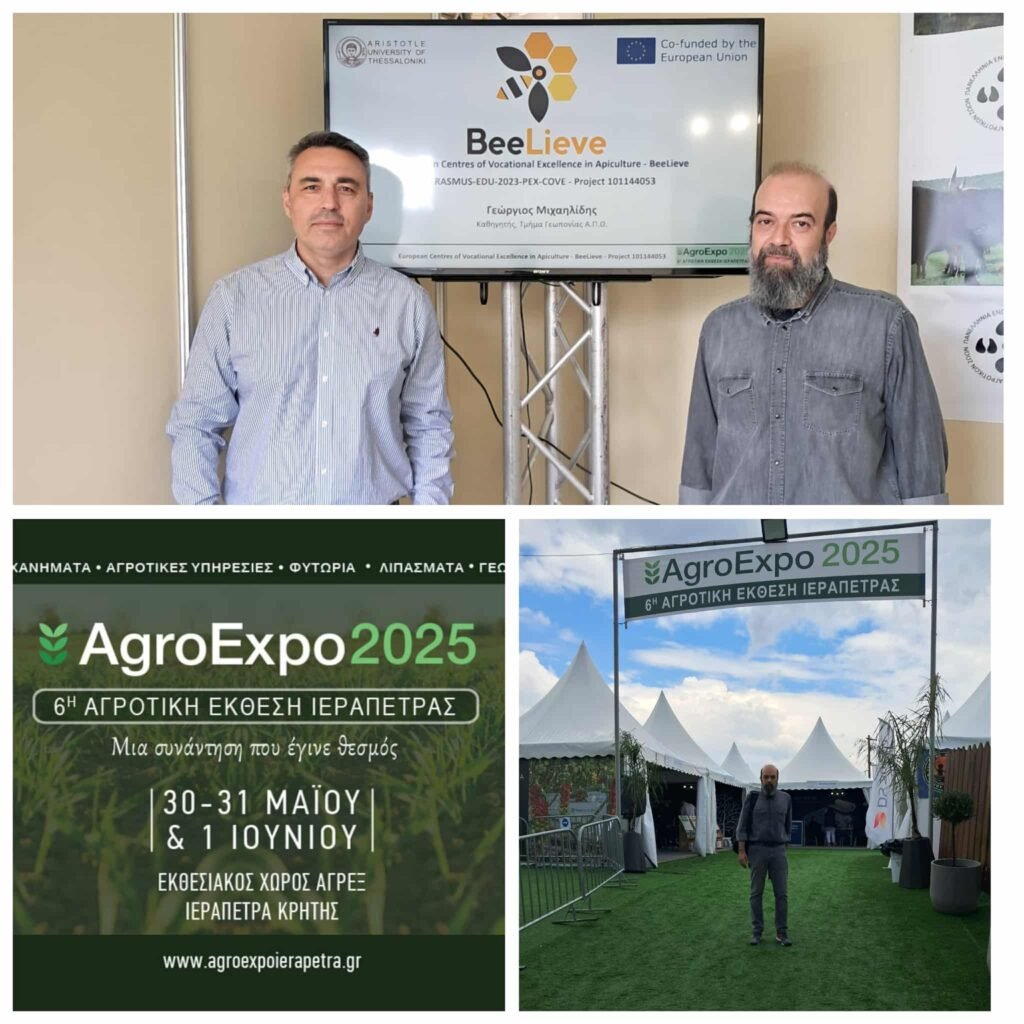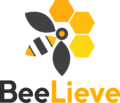News
News
Kick-off meeting:
The BeeLieve Kick-Off Meeting brought together all Project Partners and Associated Partners in a dynamic transnational gathering to officially launch the initiative. The primary focus was to introduce participants, establish strong collaboration, and lay the foundation for the development of European Centers of Vocational Excellence in Apiculture. The meeting covered key elements such as general project organization, partner roles, and alignment of activities with EU goals in vocational education and sustainable agriculture.
In addition to reviewing the project’s objectives, sessions addressed content planning, financial management, dissemination strategies, and quality monitoring procedures. The discussions fostered a shared understanding of responsibilities and promoted a cooperative spirit among all involved. This meeting set the tone for effective communication and progress tracking throughout the project’s lifespan, ensuring a solid start toward innovation in beekeeping education and vocational excellence across Europe.



1st International Training Lab in Naples
The 1st International Training Lab on Beekeeping, Ecosystem, and Skills Development was a dynamic educational event held in Naples, Italy, from 25–27 November 2024. Hosted at the University of Naples Federico II and organized by Cosvitec in collaboration with Erasmus+ and other partners, the training brought together 44 participants for three days of open sessions aimed at upskilling women, unemployed individuals, and especially those from rural areas through the lens of sustainable apiculture.
Participants engaged with experts from across Europe to explore critical themes such as sustainable bee science education, ecological Varroa control methods, the role of honeybees in public health, and innovative concepts like apivoltaics, combining beekeeping with solar energy. The sessions also addressed emerging threats like Vespa orientalis and examined sectoral opportunities through presentations from leading researchers and practitioners.
The event fostered collaboration between academia, civil society, and policy stakeholders, enhancing participants’ understanding of the environmental and economic dimensions of beekeeping. The Training Lab concluded with a feedback and evaluation process, allowing attendees to reflect on their learning and discuss how to apply new skills and knowledge within their communities and professions.



Workshop in Novo Mesto
On January 28th, as part of Work Package WP2, the BeeLieve project hosted a successful event at GRM Novo Mesto – Center of Biotechnology and Tourism. Experts and project partners gathered in Novo Mesto to promote and exchange best practices in beekeeping. The event featured a round table discussion, and a field visit aimed at showcasing both national and international innovations in the beekeeping sector.
Partners from other countries introduced innovative pest control techniques and sustainable beekeeping practices, further supporting the BeeLieve project’s goal of fostering knowledge exchange among partner nations. After the presentations, participants embarked on a field visit to explore Slovenia’s rich beekeeping heritage.
The event also underscored Slovenia’s leadership in the initiative to establish World Bee Day. In December 2017, the United Nations General Assembly declared May 20th as World Bee Day in honor of Anton Janša, a pioneer of modern beekeeping, who was born in Slovenia. This day raises awareness of the crucial role bees and other pollinators play worldwide.
Anton Urek elaborated on how Slovenia preserves its beekeeping traditions through education. Beekeeping is integrated into the curriculum of many primary schools, with approximately one-third of schools hosting beekeeping clubs. These clubs engage over 2,000 students annually, providing hands-on experience in hive management, honey production, and the ecological importance of bees.
The day concluded with a tasting of various types of honey and honey-based products, including “medica,” a traditional Slovenian honey wine. To wrap up the productive day of knowledge sharing and networking, GRM Novo Mesto hosted a delightful reception and social gathering.



Meeting in Sassari, Italy
The BeeLieve Project held its 1st Interim Transnational Project Meeting in Sassari, Italy, bringing together partners from Slovenia, Greece, Poland, Bulgaria, and Italy. Hosted by IIS Pellegrini, the two-day meeting focused on strengthening cross-border collaboration, reviewing project progress, and enhancing vocational education and training (VET) excellence in the field of apiculture.
The opening day marked a vibrant beginning to the meeting, featuring key sessions dedicated to project management, regional ecosystem development, training programme design, and community building. These sessions were designed to foster alignment across partner institutions and to explore innovative strategies for advancing vocational excellence in beekeeping.
Partners actively exchanged insights, discussed current achievements, and laid out clear strategies for future cooperation. The day concluded with a shared sense of purpose and commitment to building a “hive” of innovation, learning, and sustainability within the project.
Day 2 was dedicated to evaluation and forward planning. Partners conducted a thorough review of the first Interim Report, addressed key administrative and financial matters, and outlined the timeline for upcoming deliverables and milestones. Constructive discussions led to a shared understanding of project expectations and reinforced the consortium’s coordinated approach.
To complement the working sessions, participants enjoyed an enriching field visit to the Parco Naturale di Porto Conte, a protected area renowned for its dedication to biodiversity. The visit included a tour of a honey extraction laboratory operated by IIS Pellegrini, providing a compelling example of how education, innovation, and sustainability intersect in real-world beekeeping practice.
The Sassari meeting was a resounding success, thanks to the dedication of all partners and the outstanding organization by our hosts. It not only reinforced the BeeLieve Project’s collaborative spirit but also set a strong course for the next phase of implementation.
Special thanks to all participants, speakers, and organizers. Together, we are nurturing a sustainable future for vocational excellence in apiculture across Europe.



Newsletter












During the National Conference “European Dimensions in Vocational Education and Training”, organized by NAVET on 25 November 2025 at Novotel Sofia, EkologyKM presented the results and progress of the project European Centre of Vocational Excellence in Apiculture – Beelieve. It was highlighted the importance of the newly established CoVE in Bulgaria as a model for modern, sustainable, and practice-oriented vocational education. The presentation emphasized the creation of networks between educational institutions, businesses, and the scientific community in the fields of apiculture and sustainable agriculture. The developed training resources were discussed, along with the opportunities to enhance the skills of students and professionals through European cooperation. EkologyKM demonstrated how the project supports innovation, digitalization, and the development of green competences. The contribution of this initiative to build a more competitive and sustainable vocational environment in Bulgaria was also underlined. The presentation attracted strong interest from participants and showcased the key role of Beelieve within the European network of Centres of Vocational Excellence.

